According to the USDA’s What We Eat in America survey, snacks contribute about 22% of daily calorie intake for U.S. adults. Choosing nutrient-dense options can help manage hunger while avoiding empty calories. Research from the Journal of Nutrition shows that high-protein and fiber-rich snacks improve satiety and reduce overeating at later meals. Here are 12 light yet filling snack options backed by nutrition data.
Creamy Greek Yogurt with Fresh Berries
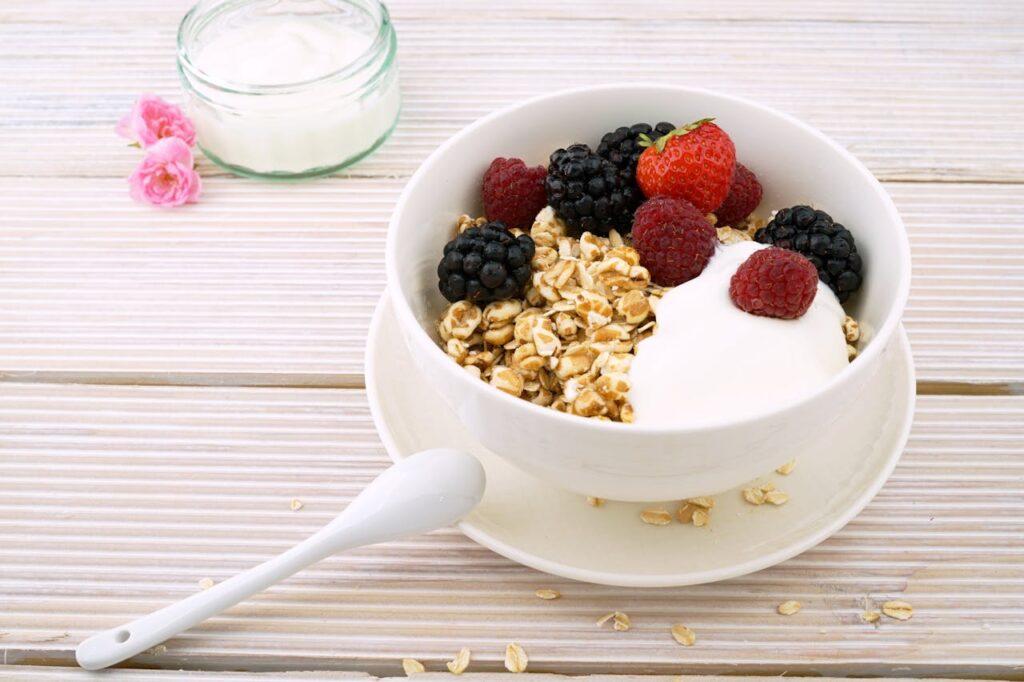
A 170-gram serving of plain nonfat Greek yogurt provides about 17 grams of protein and just 100 calories, according to USDA data. Pairing it with a half-cup of blueberries (42 calories, 2 grams fiber) not only boosts satiety but also adds antioxidants like anthocyanins, which have been linked to improved cardiovascular health in studies published in Advances in Nutrition.
Hummus Paired with Crisp Veggies
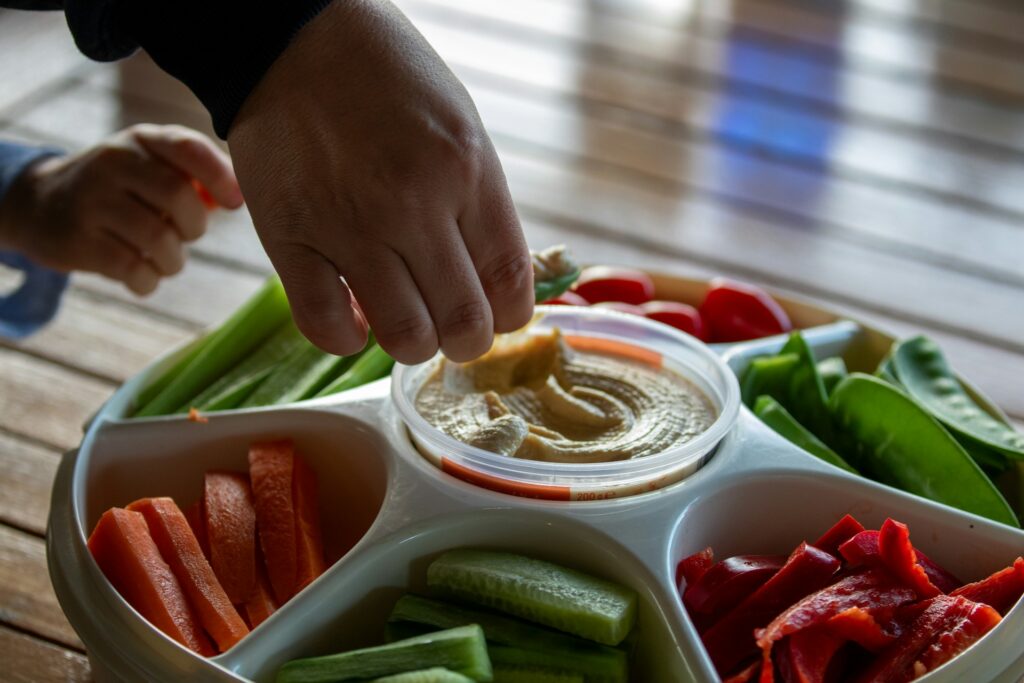
Two tablespoons of hummus average 70 calories and deliver about 2 grams of fiber and 2 grams of protein. When paired with one cup of raw carrots or bell peppers (about 50 calories), this snack becomes a nutrient-dense option rich in beta-carotene and vitamin C. Research in Nutrients (2020) found that hummus consumption is associated with improved diet quality and higher intakes of fiber and healthy fats.
A Handful of Almonds
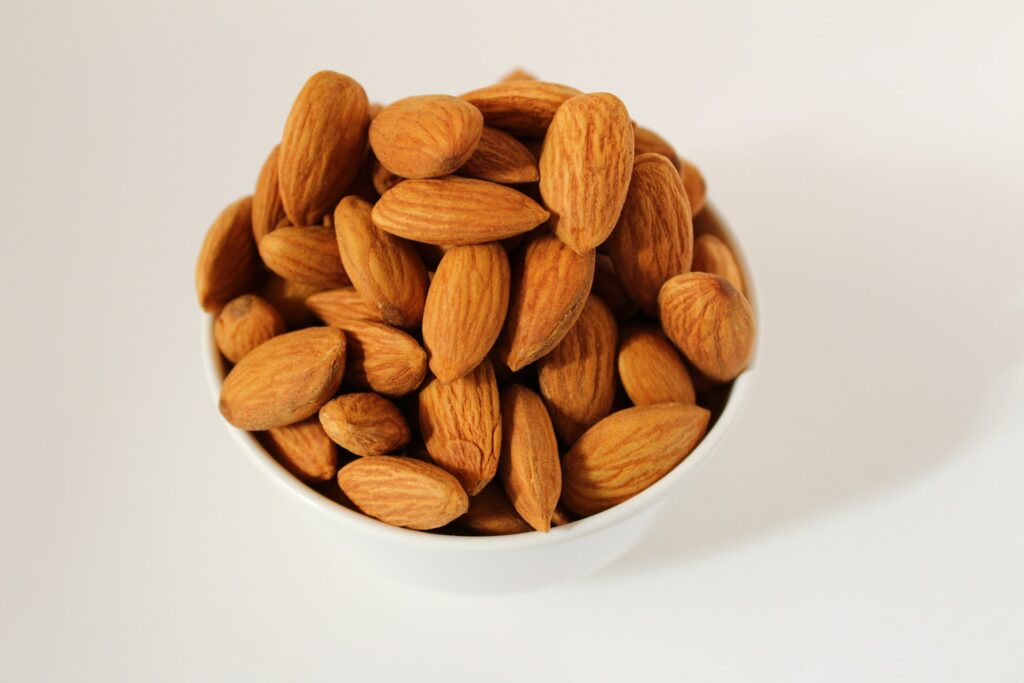
A one-ounce (28-gram) serving of almonds offers 6 grams of protein, 14 grams of healthy fats, and 3.5 grams of fiber, totaling around 160 calories. According to a meta-analysis in the Journal of Clinical Nutrition, regular almond consumption improves satiety and may reduce LDL cholesterol. Their combination of protein, fat, and fiber makes them one of the most efficient plant-based snacks for sustained energy.
Air-Popped Popcorn Done Right
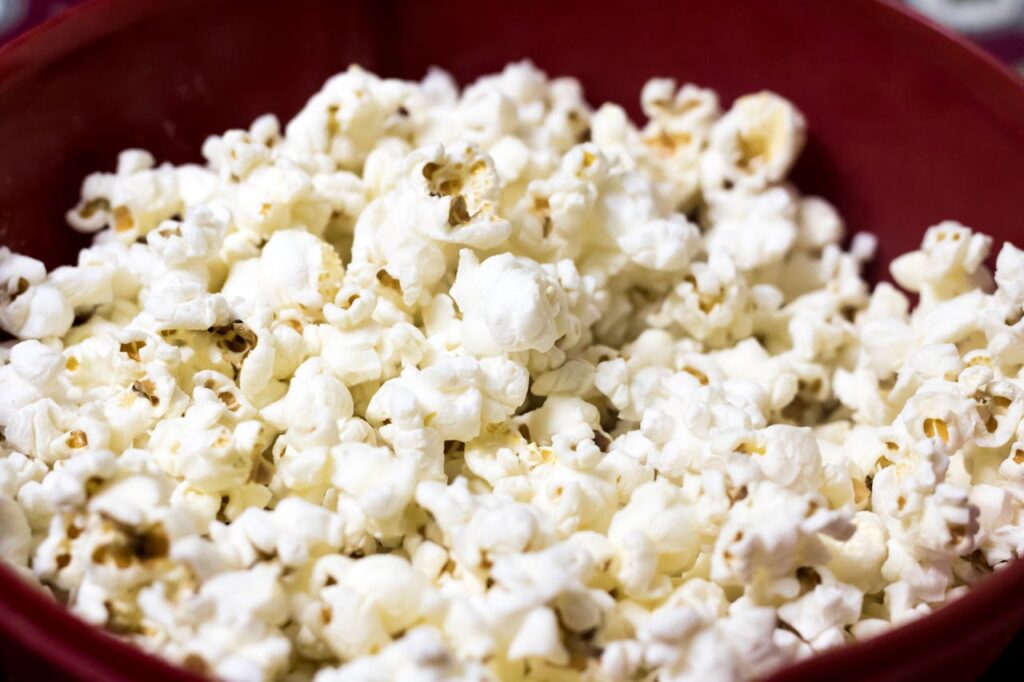
Three cups of air-popped popcorn (24 grams) provide just 93 calories and 3.5 grams of fiber, based on USDA data. Popcorn is a 100% whole grain, and studies in Nutrition Journal highlight that popcorn eaters have 250% higher whole grain intake compared to non-consumers. Avoiding butter and heavy oils keeps it a low-calorie, high-volume snack that promotes fullness without excess fat.
Cottage Cheese with Juicy Pineapple
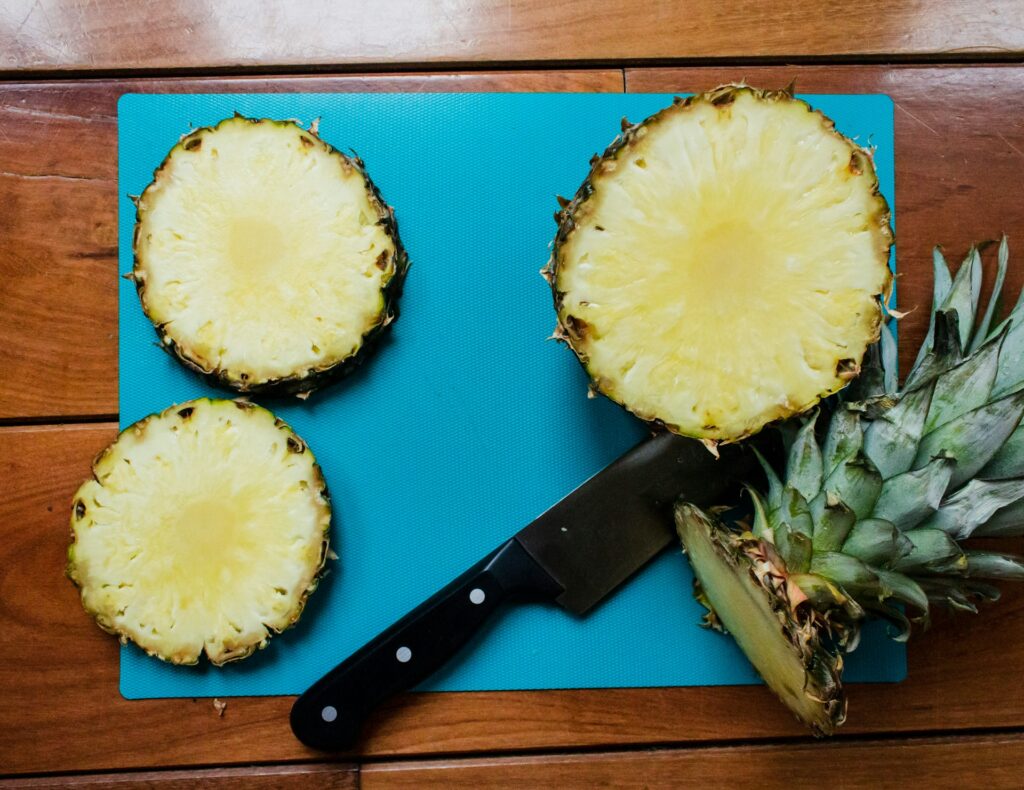
Half a cup of low-fat cottage cheese contains 14 grams of protein and only 90 calories. Adding a half-cup of pineapple chunks (41 calories) provides vitamin C and natural sweetness. A study in Appetite found that cottage cheese is as effective as eggs in promoting satiety due to its slow-digesting casein protein, making this pairing both refreshing and filling.
Dark Chocolate Almond Bites
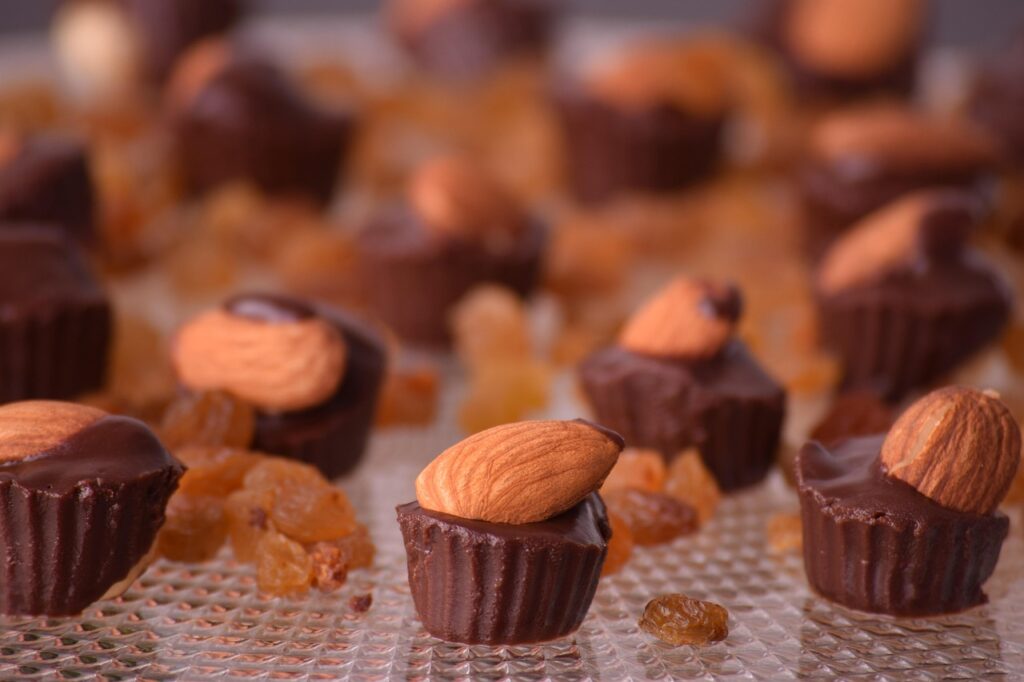
Combining 70% dark chocolate with almonds creates a balanced indulgence. One ounce of dark chocolate-covered almonds averages 180 calories, 3 grams of fiber, and 4 grams of protein. Dark chocolate is rich in flavanols, which the American Journal of Clinical Nutrition links to improved endothelial function and reduced blood pressure. The almonds provide sustained energy, making this a smarter sweet snack.
Crunchy Rice Cakes with Avocado Spread
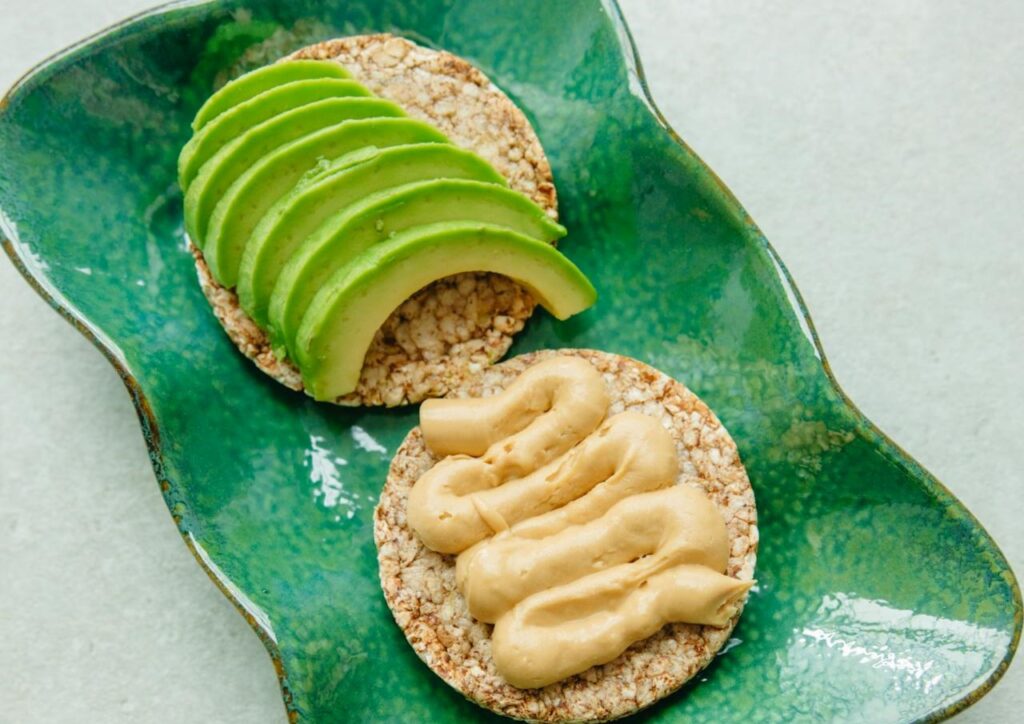
One brown rice cake contains 35 calories, while topping it with half an avocado (120 calories, 5 grams fiber, 3 grams protein) turns it into a nutrient-rich snack. Avocados are high in monounsaturated fats, which have been shown in Journal of the American Heart Association to support heart health by reducing LDL cholesterol levels. The combination is light but satisfying due to fiber and healthy fats.
Protein-Packed Edamame
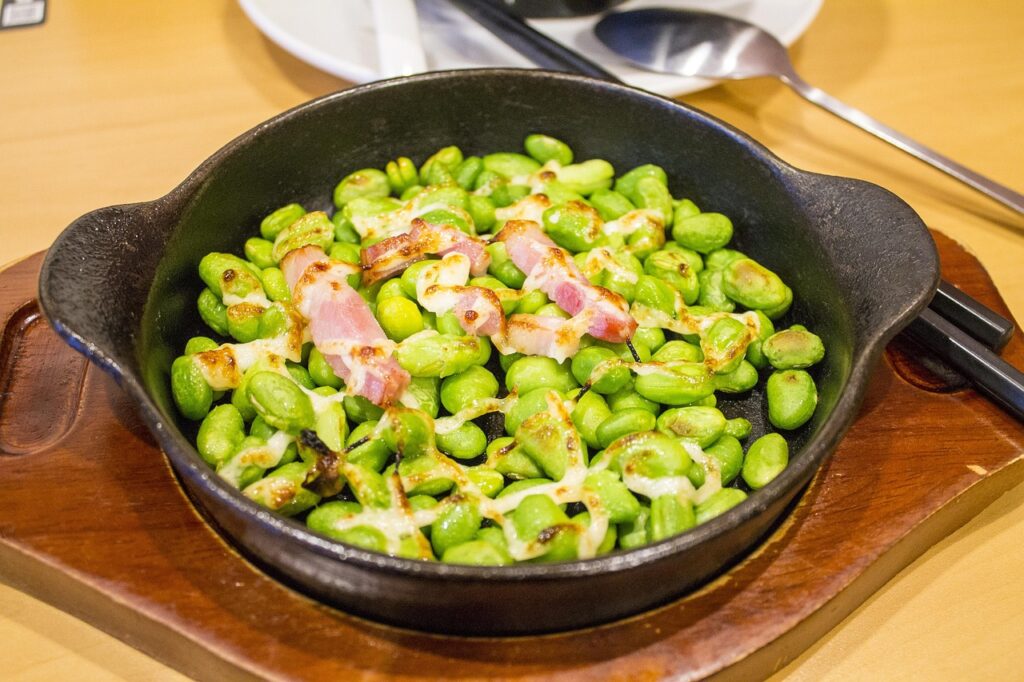
One cup of steamed edamame (155 grams) provides 18 grams of protein, 8 grams of fiber, and just 190 calories, according to USDA data. As a complete plant protein, edamame supplies all essential amino acids. Research in Nutrients (2019) shows that soy protein supports muscle maintenance and satiety, making edamame a standout snack for both vegetarians and those looking to control hunger.
Chia Seed Pudding Power
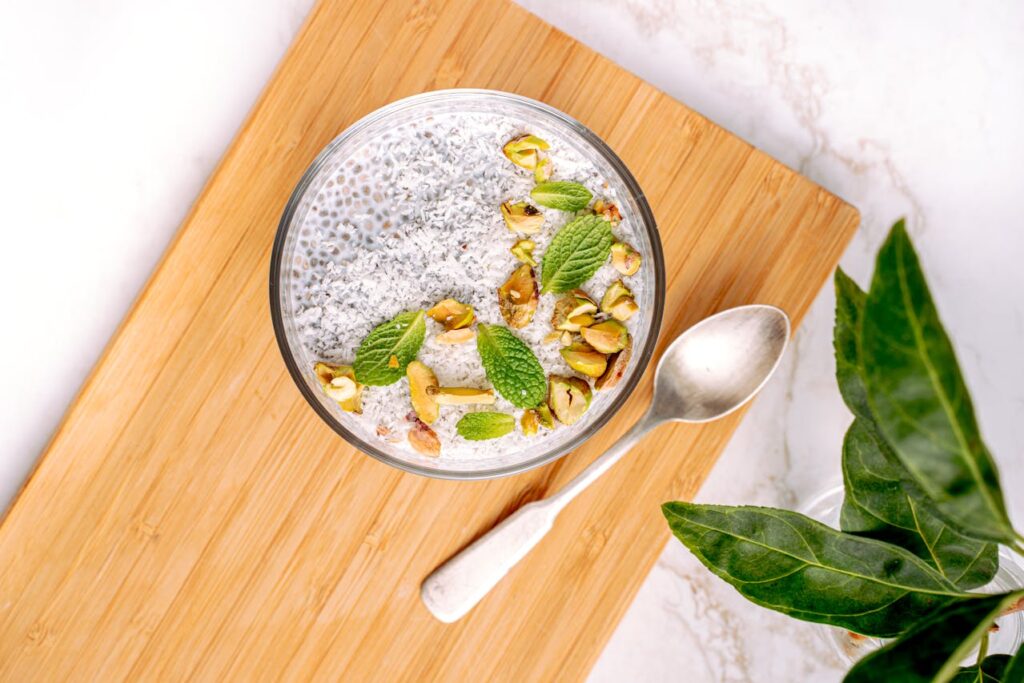
Two tablespoons of chia seeds absorb up to 10 times their weight in liquid, creating a pudding-like texture. This serving provides 5 grams of protein, 11 grams of fiber, and 180 calories. The European Journal of Clinical Nutrition reported that chia consumption significantly improves satiety and stabilizes post-meal blood sugar. Made with milk or plant-based alternatives, it’s a nutrient-dense and filling option.
Fruit and Nut Bars with Real Ingredients
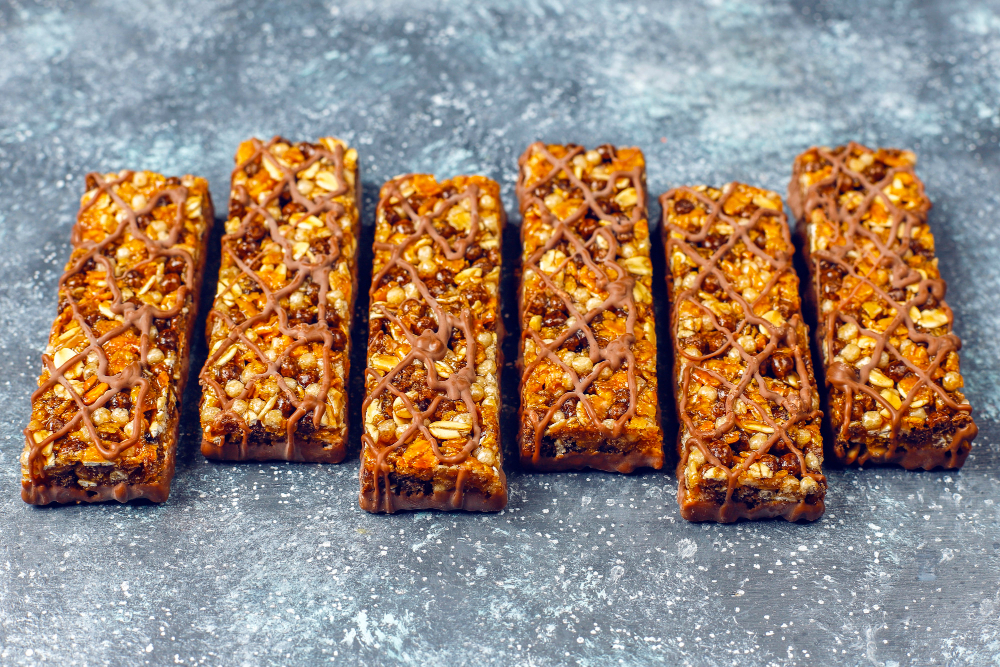
A standard fruit and nut bar (like KIND or RXBAR) averages 200 calories, 6 grams of protein, and 3–5 grams of fiber. Unlike candy bars, these snacks are minimally processed and provide nutrients from dried fruit and nuts. A 2021 Nutrients review noted that nut-based snack bars improve satiety and glycemic control when compared with refined carbohydrate-based snacks.
Celery Sticks with Peanut Butter Boost
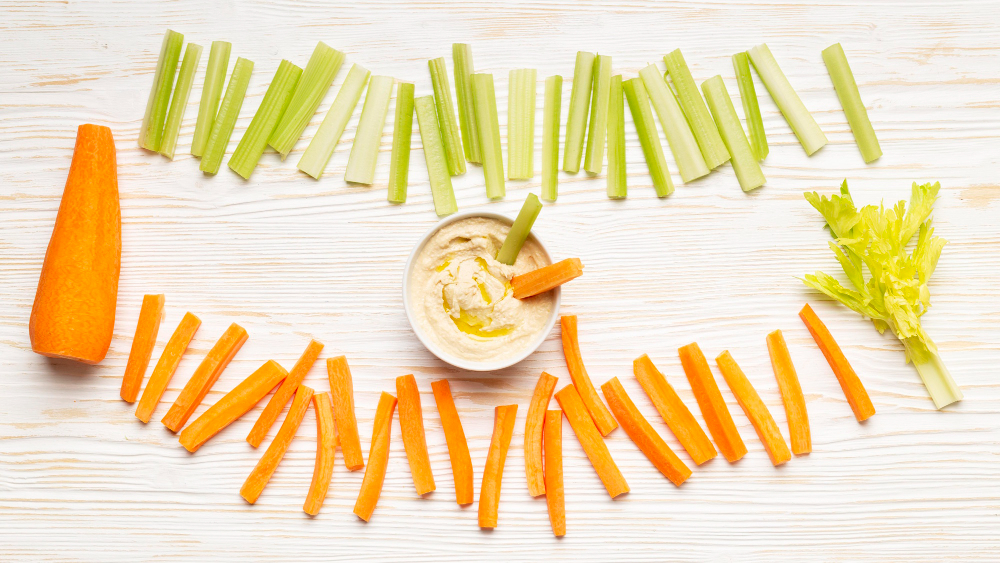
Two medium celery stalks contain just 10 calories, but when paired with 2 tablespoons of peanut butter (190 calories, 8 grams protein, 2 grams fiber), the snack becomes more filling. Peanut butter is a source of monounsaturated fats and plant protein. Research in JAMA Internal Medicine links moderate nut butter intake to lower mortality risk from heart disease, making this pairing a smart nutrient-dense choice.
Smoothie Bowls Packed with Nutrients
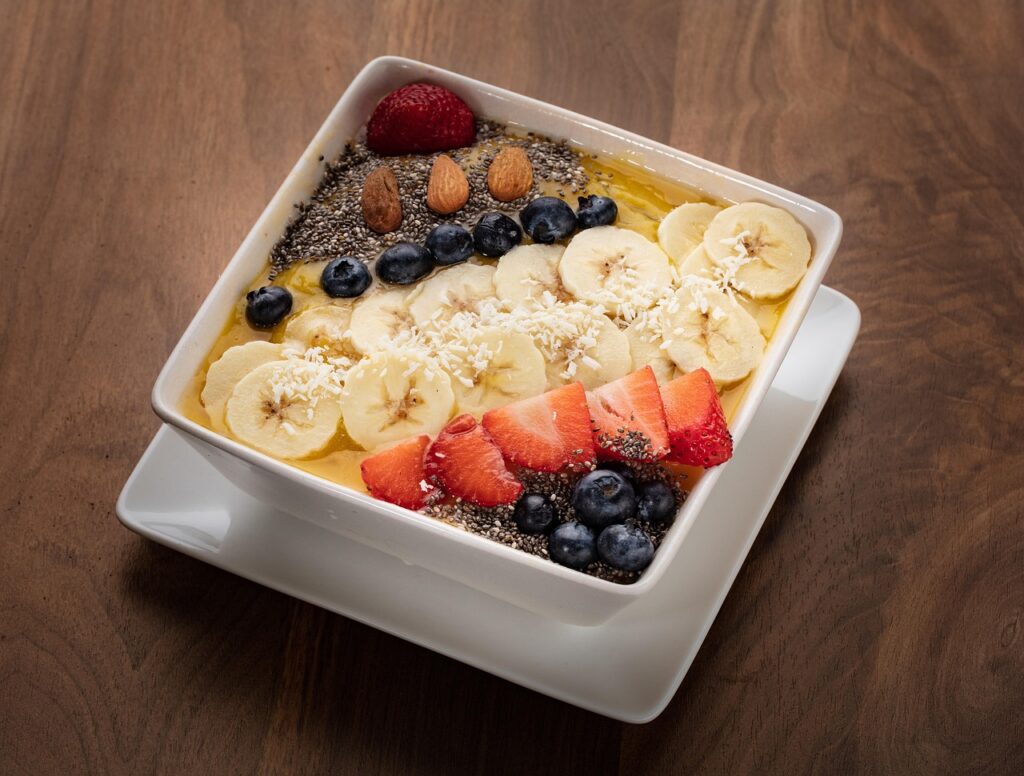
A smoothie bowl made with 1 cup frozen berries (70 calories), half a banana (50 calories), and ¾ cup unsweetened almond milk (30 calories) creates a nutrient-rich base. Adding toppings like chia seeds, sliced almonds, or oats boosts fiber and protein. According to Journal of the Academy of Nutrition and Dietetics, higher fruit and fiber intake is strongly associated with reduced risk of chronic diseases, making smoothie bowls a functional snack option.
Comments